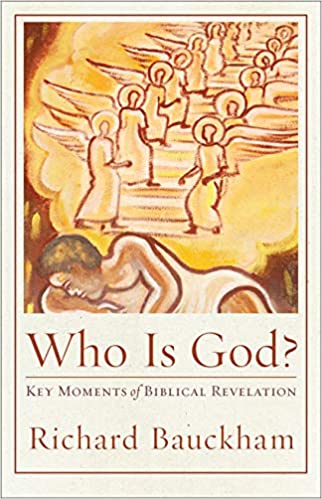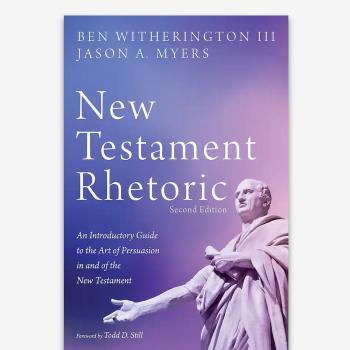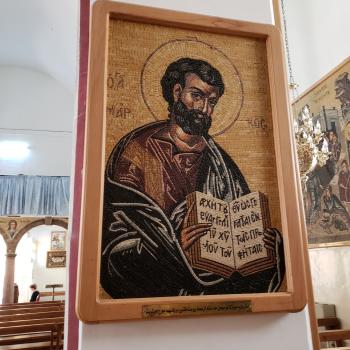BEN: Let’s talk for a moment about a subject you indirectly bring up on pp. 50ff. I am referring to the early Jewish Christian use of marana tha. Do you think this was prayer language invoking Jesus to come (a second time), or was it more like ‘Immanuel’ ‘our lord has come’?
RICHARD: I think it is a prayer to Jesus to come, and it is echoed at the end of Revelation in Greek: “Come, Lord Jesus” (22:20).
BEN: I like your idea that Jesus used the term Abba in place of saying the divine name for the heavenly Father. In my book The Shadow of the Almighty I look at every reference I could find in the OT and in Intertestamental lit where God is called father, and frankly, it is quite rare. Even more rare is addressing God as father in prayer language, and non-existent is any evidence that anyone addressed God as ‘Abba’ in Aramaic before Jesus, a point Jeremias made again and again and again. Do you think Jeremias was right to make so much of Jesus’ use of Abba?
RICHARD: It is rare in Jewish literature but worth noticing that when God is called father the term is almost always used to evoke a caring and forgiving relationship of God to his people. As for Abba, it has to be said that we have very little prayer in Aramaic before Jesus. Jeremias claimed that it was not used in the whole of Jewish prayer literature (before and after Jesus) and that is technically, at least, correct. One must be a bit cautious: “Absence of evidence is not evidence of absence.” Jeremias unfortunately started with the mistake of claiming that Abba is a small child’s language (“Dada”). It isn’t. Adult sons would address their fathers as Abba. Nothing babyish about it. It is significant that Mark chose to record Jesus’s actual Aramaic word and that Paul’s letters show that Greek-speaking Christians were using the word Abba to address God. Certainly unique, according to our evidence, was Jesus’s consistent address to God as “Father”. (Did he compose the Lord’s Prayer in Aramaic or Hebrew. People always seem to assume Aramaic, but I’m not sure why.) It must express his awareness of filial relationship with God which he sought to share with his disciples.

















